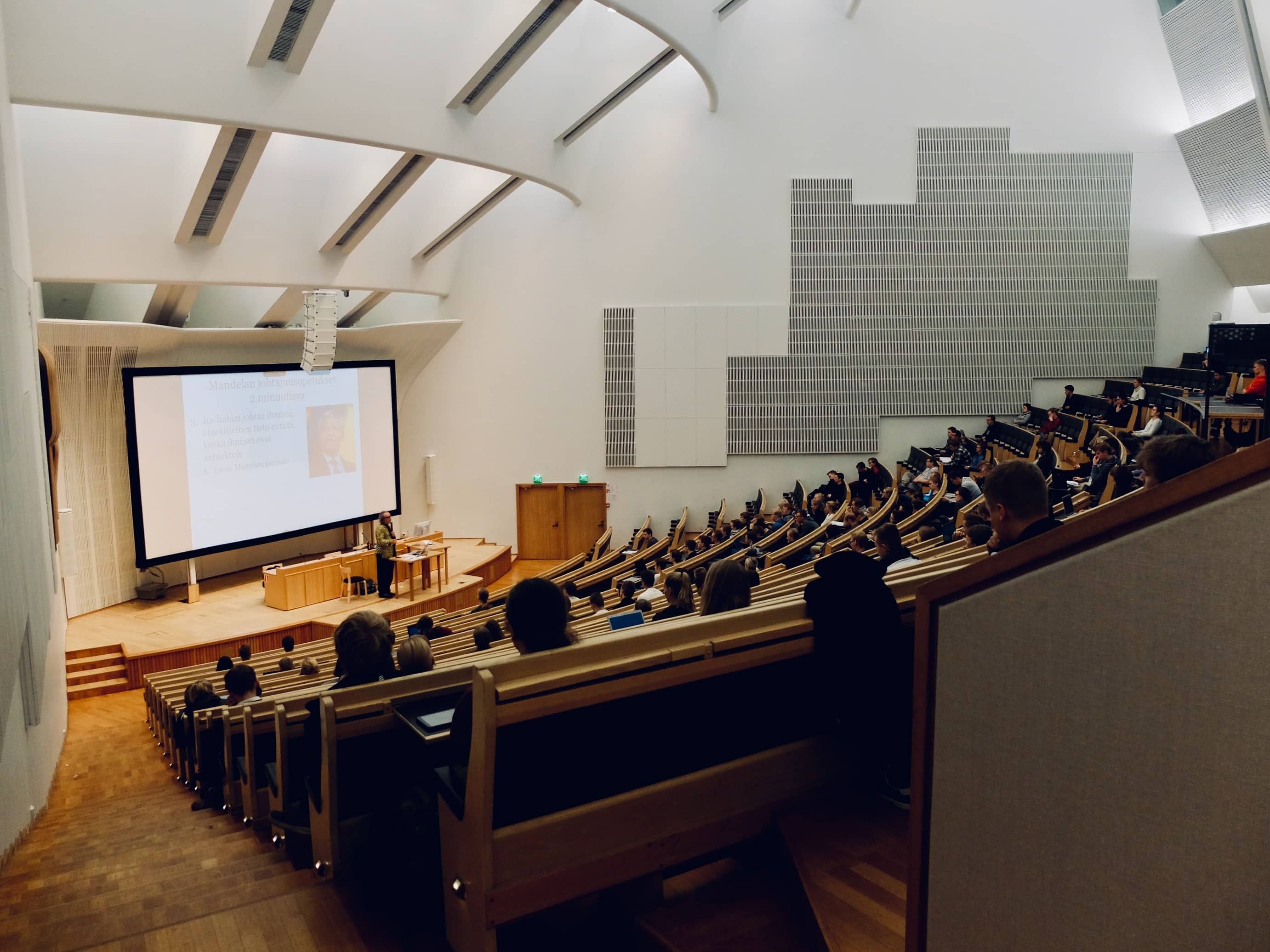It is the end of August, and that means that millions of students, educators, and staff are gearing up for a brand new school year. Just like the inevitability of the leaves turning to brilliant colors, an age-old debate has popped up on social media: should young people choose to go to a traditional college after completing high school or try to find a more lucrative path by attending a trade school?
I work as a tutor at a local community college so it might seem that I have a very clear dog in this fight. But as I read the back-and-forth commentary of well-meaning people trying to prove that their take on post-secondary education is correct, I was reminded of a book I read many years ago that suggested a much more individualized approach to schooling.
In 1971, Ivan Illich, an Austrian-born Catholic priest and philosopher, wrote Deschooling Society. His main thesis was that modern, industrialized education was too stifling for learning and creativity. He felt that the “institutionalization” of education was the foundational pillar of institutionalized society: a society based on rules and values that de-emphasized individual value and worth in favor of concentrating power and authority in the hands of unresponsive and flawed institutions.
Illich’s solution was what he called “learning webs.” These are informal connections between peers who seek to study similar subjects and learn from each other’s expertise. He suggested that people could be connected through computer systems, where people could input their names and the subject they were interested in and be matched with others whom they could form a learning web with to gain new knowledge and skills. One of the key features of this approach was that it wasn’t relegated to a particular point in a learner’s life. At any time, a potential learner could decide to use this system to improve their knowledge base.
While it may not seem like it, Illich’s approach to education is directly related to the Facebook conversations I’ve seen about post-secondary education. At base in that conversation is the debate over whether the current system of schooling works for most people, which Illich was intensely interested in. Yet the debate misses a key component of Illich’s argument in regard to the most effective way to learn.
One of the most pernicious effects of our modern approach to education is that it defines successful schooling in almost exclusively financial and economic terms. Proponents of traditional four-year school often argue that a bachelor’s or other advanced degree leads to higher income over time and trot out an array of statistics and studies to make their point. Trade school proponents do the same, pointing out that trade schools cost less money, conclude sooner, and teach skills that lead to lucrative careers such as plumbing, electrical work, and other necessary jobs.
There is almost no discussion about what students actually want to learn. What do they find interesting? How will their choices enrich their lives beyond finances? Can their education help students to find happiness and fulfillment? The debate offers the illusion of choice when success is defined so narrowly — yes, choose between these two options, but they both lead to the same place.
As educators, parents, and mentors have this conversation with young people, we need to engage our imaginations and move beyond dollars and cents as the determining factor. Illich essentially imagined a proto form of the internet to facilitate his approach to education. Maybe we’re not suggesting the de-industrialization of education writ large, but we can at least think creatively about how to engage with young people who are making a decision that will impact them for the rest of their lives.
I am looking forward to returning to college in the fall because I enjoy it. I hope that the students I work with are there because they enjoy it too, not just because someone advised them that it was the best path to make a bunch of money. I have tried to “de-school” my approach to education as simply an economic choice. We need to tell students to pursue joy, and the money will follow.






